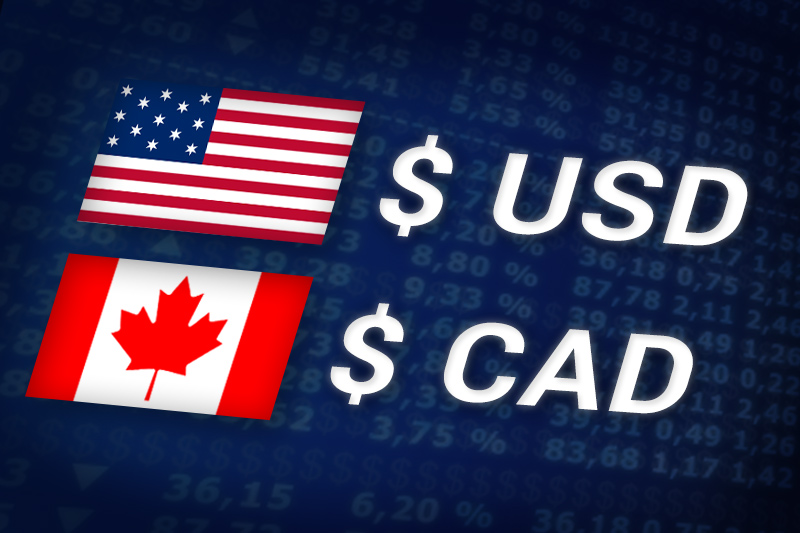Investing.com’s stocks of the week
Investing.com - The U.S. dollar rose to a seven-day high against its Canadian counterpart on Monday, edging above parity as a combination of concerns over the debt crisis in the euro zone and higher oil prices weighed on demand for higher yielding assets.
USD/CAD hit 1.0049 during early U.S. trade, the pair’s highest since February 16; the pair subsequently consolidated at 1.0030, gaining 0.38%.
The pair was likely to find support at 0.9976, the session low and short-term resistance at 1.0069, the high of January 30.
Market sentiment was hit by renewed concerns over the euro zone’s debt crisis after a weekend meeting of the Group of 20 nations postponed a decision on increasing the lending capacity of the International Monetary Fund and said any decision on outside help will be conditional upon on European governments increasing the size of the region’s debt firewall.
Germany has remained opposed to enlarging the size of the European Stability Mechanism, the permanent euro zone bailout fund that is to become active later this year.
Meanwhile, ratings agency Moody’s said earlier that while a second bailout for Greece was an important step forward, the risk of a default remained high.
Risk appetite was also weighed by concerns over the potential impact of the recent rally in oil prices on the economic recovery in the euro zone and the U.S.
The loonie, as the Canadian dollar is sometimes known, was higher against the euro, with EUR/CAD shedding 0.23% to hit 1.3412.
Later in the day, Germany’s parliament was to hold an extraordinary session to vote on Greece’s second bailout, which was already approved by euro zone finance ministers last week, while the U.S. was to publish industry data on pending home sales.
USD/CAD hit 1.0049 during early U.S. trade, the pair’s highest since February 16; the pair subsequently consolidated at 1.0030, gaining 0.38%.
The pair was likely to find support at 0.9976, the session low and short-term resistance at 1.0069, the high of January 30.
Market sentiment was hit by renewed concerns over the euro zone’s debt crisis after a weekend meeting of the Group of 20 nations postponed a decision on increasing the lending capacity of the International Monetary Fund and said any decision on outside help will be conditional upon on European governments increasing the size of the region’s debt firewall.
Germany has remained opposed to enlarging the size of the European Stability Mechanism, the permanent euro zone bailout fund that is to become active later this year.
Meanwhile, ratings agency Moody’s said earlier that while a second bailout for Greece was an important step forward, the risk of a default remained high.
Risk appetite was also weighed by concerns over the potential impact of the recent rally in oil prices on the economic recovery in the euro zone and the U.S.
The loonie, as the Canadian dollar is sometimes known, was higher against the euro, with EUR/CAD shedding 0.23% to hit 1.3412.
Later in the day, Germany’s parliament was to hold an extraordinary session to vote on Greece’s second bailout, which was already approved by euro zone finance ministers last week, while the U.S. was to publish industry data on pending home sales.
